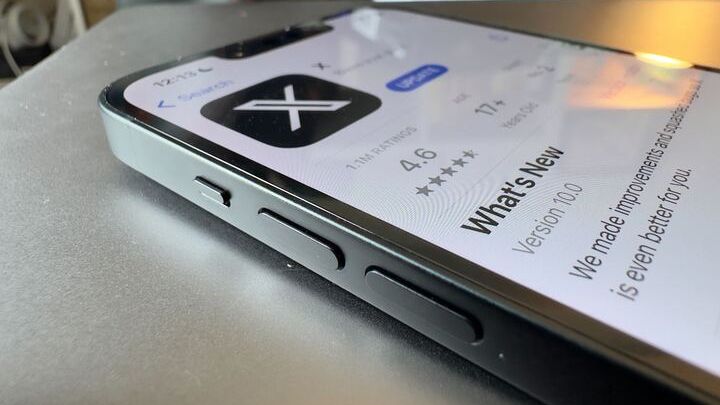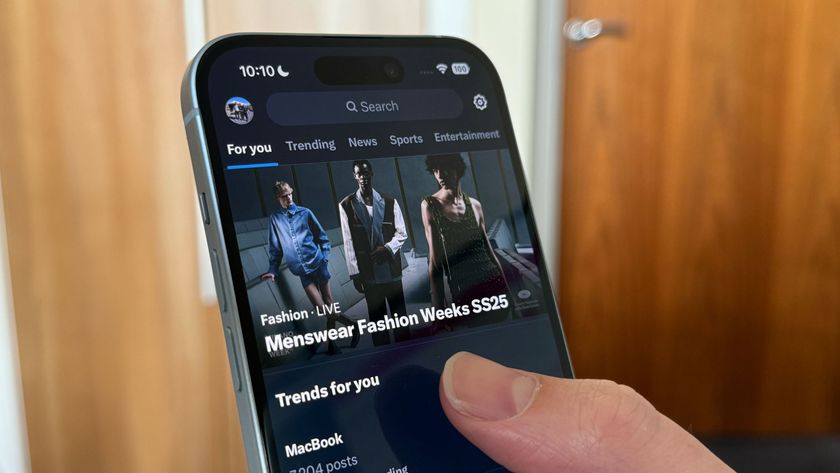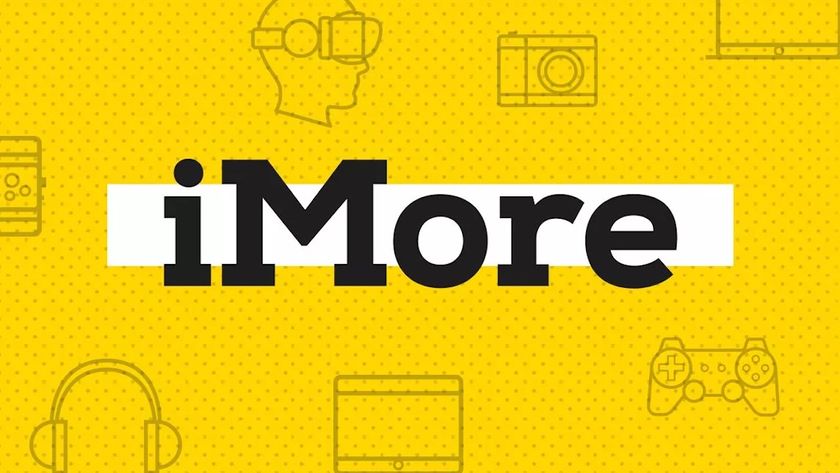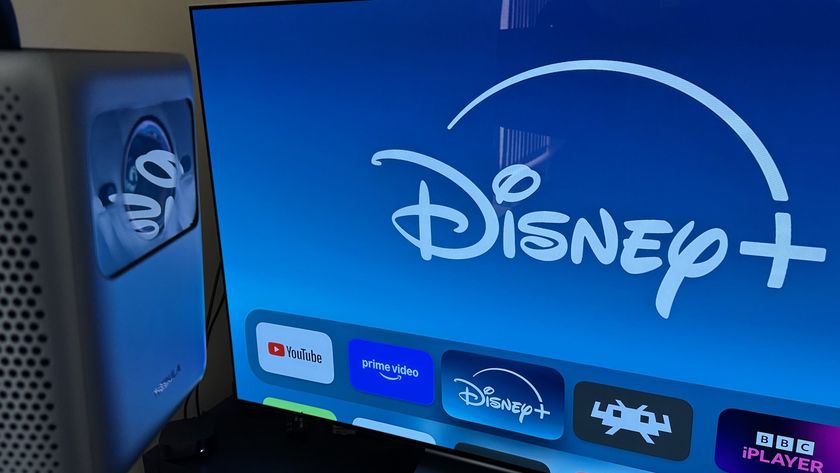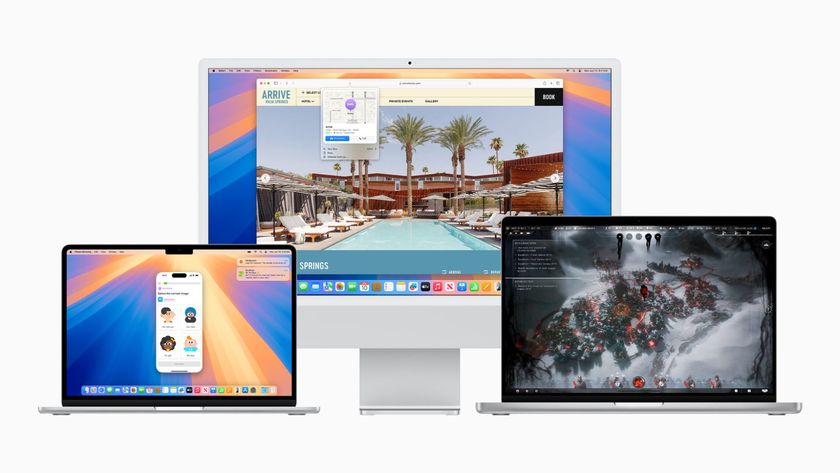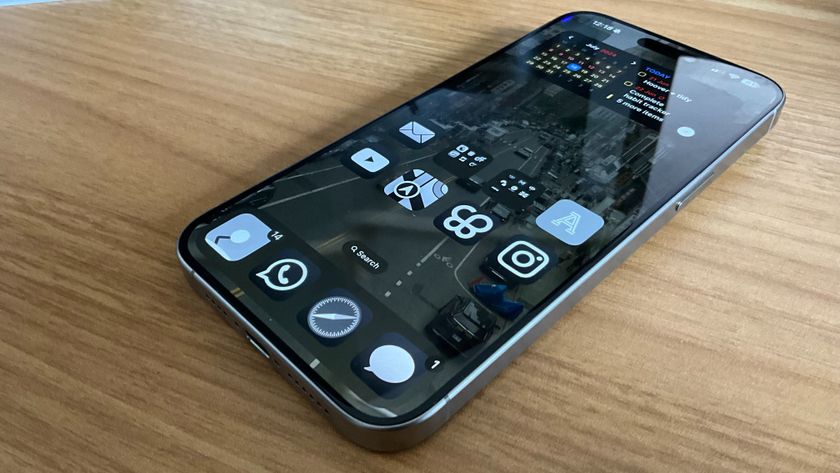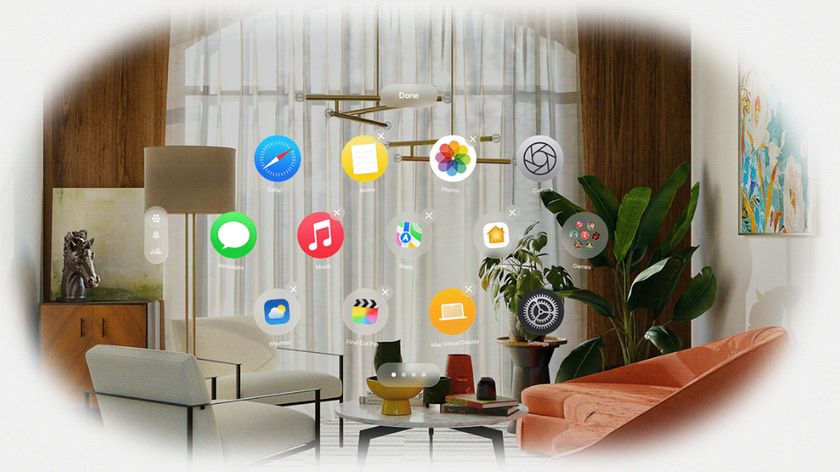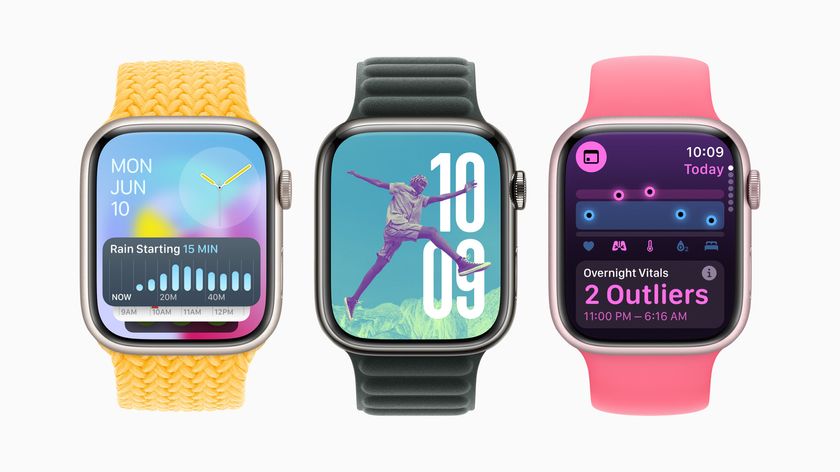Twitter raises API walls, seems intent on starving out traditional apps
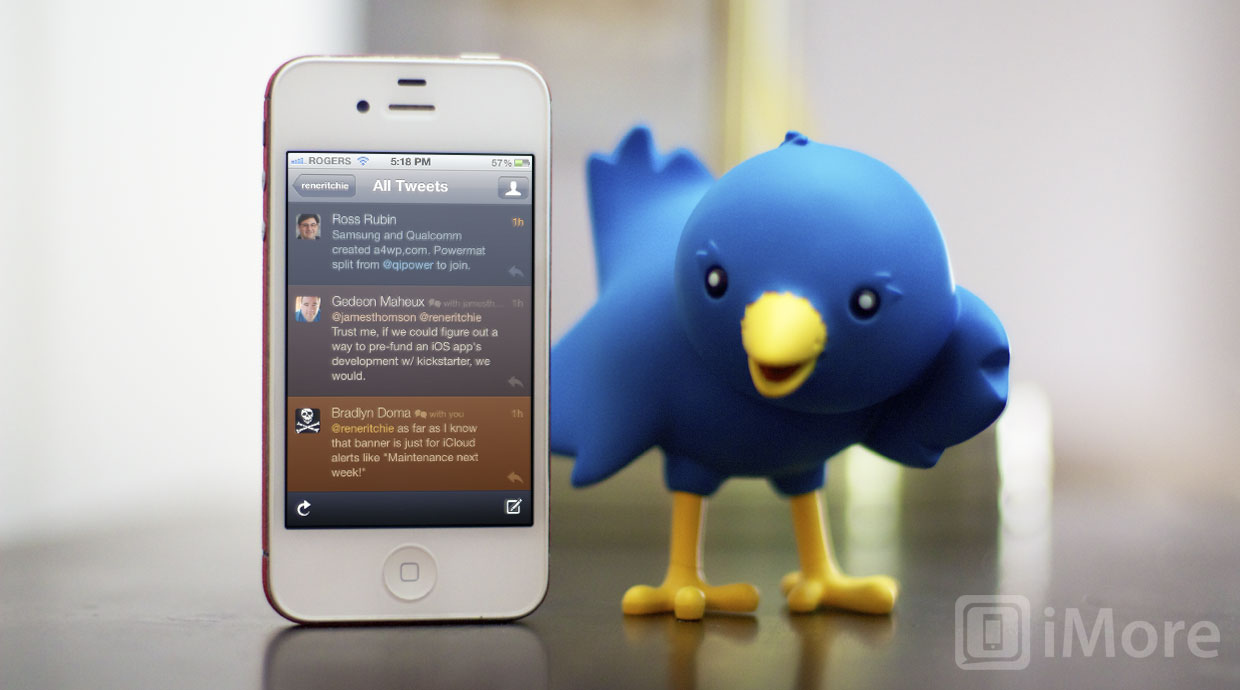
Twitter has announced the upcoming version 1.1 of their API, and provided yet more "direction" to Twitter app developers. First, it's important to remember that the sky isn't falling. The Twitter apps you use today will still be usable tomorrow. The community you enjoy right now will still be with you for the foreseeable future. Yet reading the pronouncements, it's impossible not to realize that Twitter's plans for those apps and that community will change them, soon, and forever.
Last time Twitter foreshadowed changes to their policy, I made the analogy that it was like someone who's lover worked to put them through college, who was then dumped the day after graduation. With today's changes, Twitter seems to have gone from unappreciative to all out offensive. To put it in medieval terms, they've surrounded developers, walled them up, and seem intent on starving out traditional Twitter apps out.
That's feeling I get reading Twitter's new Changes coming in Version 1.1 of the Twitter API post on dev.twitter.com. Here's what will soon be required:
- All API calls will have to be authenticated. That's not a bad thing; it would cut down scraping and other potentially onerous activity.
- Rate limits on a per-endpoint basis. Right now Twitter limits API calls to 350 per hour, regardless of whether you're calling one API or all of them. Now each API will have its own rate-limit. If you call many, maybe it'll work out better for you. If you call only one, you'll be in trouble.
But they save the kicker for last:
- Changes to developer rules of the road. This is where Twitter once again urges Twitter app developers to no longer develop Twitter apps by increasing control of how these apps need to display data, and increasing the cap on how much data they can show. It essentially means no third party Twitter app could possibly grow big enough to support a significant portion of Twitter's still-growing user base.
The image of API calls standing in bread lines, desperate for their meager rations comes to mind, as does the image of people swallowing their favorite Twitter apps in a vain attempt to sneak them across the wall.
And as a longtime user of the service, it's that's how I feel when I read that they'd love to promote business tools like Dataminr and status markers like Klout, but want to marginalize Tweetbot and Twitterific. Or phrased the other way, they want to get rid of apps that are used by me, and facilitate apps that use me and my data. They want me mined and ranked, not empowered and engaged.

I understand that I, and many other early, geeky adopters, are no longer Twitter's user-base. They're mainstream now. They're filled with people who have almost no followers, follow hundreds of celebrities, and send almost not DMs. And I'm not Twitter's revenue stream. No user is. Like Google and Facebook, I'm the product they want to sell -- my metrics, my date, in aggregate -- as their revenue stream. I get that.
Master your iPhone in minutes
iMore offers spot-on advice and guidance from our team of experts, with decades of Apple device experience to lean on. Learn more with iMore!
Yet it's still difficult to imagine that Twitter couldn't have gone about this in a different way. That they couldn't figure out a way to create and protect their own revenue streams and longterm plans without creating uncertainty for and the perception of hostility towards, the developers who were there with them from the beginning and helped them build the service they're now monetizing and positioning for the future.
Twitter uses these quadrants to say they want apps in the top and bottom left, and bottom right, but not the top right. By saying that, they're very literally saying they don't want anything that "engages consumers".

And it's difficult to imagine that a lot of people at Twitter, who love Twitter every bit as much as we geeks to, have ideas for doing just that. I hope the Powers that Be at Twitter pause, reflect, and reconsider, and then listen to those better ideas.
There has to be something other than "thou shalt make no Twitter clients before me."
Earlier today Apple apologized for, and reversed, a bone-headed, customer-hostile decision they'd made. Would that Twitter had their grace and insight.
I'd like to thank Craig Hockenberry and Gedeon Maheux and everyone at the Iconfactory for Twitterrific, and Loren Brichter of Atebits for Tweetie, and Paul Haddad and Mark Jardine of Tapbots for Tweetbot, and all the other developers who put time and money and blood into making better user experiences than Twitter themselves were capable of. It's appreciated, and I'm sure many will continue to use and enjoy your apps for absolutely as long as possible.
Apropos of nothing, you can find me on app.net @reneritchie and on Google+ +Rene Ritchie

Rene Ritchie is one of the most respected Apple analysts in the business, reaching a combined audience of over 40 million readers a month. His YouTube channel, Vector, has over 90 thousand subscribers and 14 million views and his podcasts, including Debug, have been downloaded over 20 million times. He also regularly co-hosts MacBreak Weekly for the TWiT network and co-hosted CES Live! and Talk Mobile. Based in Montreal, Rene is a former director of product marketing, web developer, and graphic designer. He's authored several books and appeared on numerous television and radio segments to discuss Apple and the technology industry. When not working, he likes to cook, grapple, and spend time with his friends and family.
